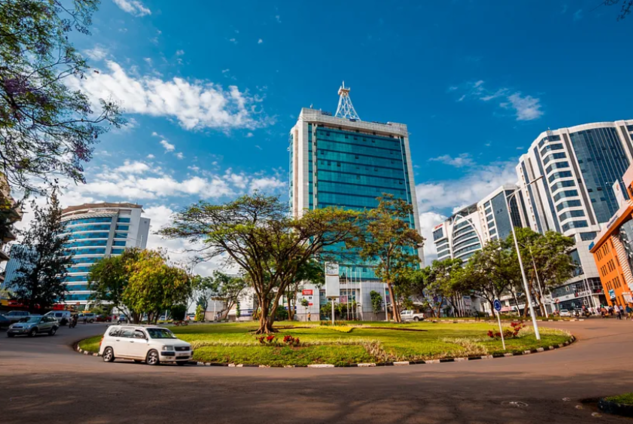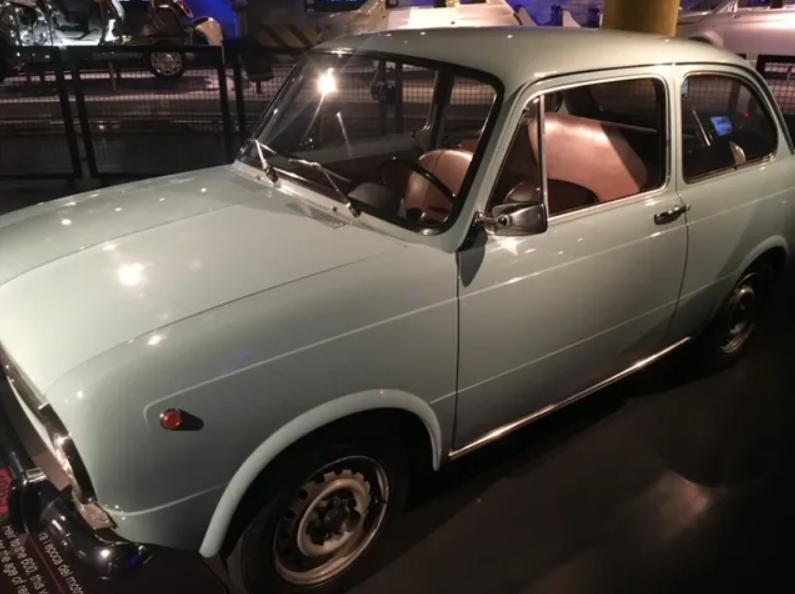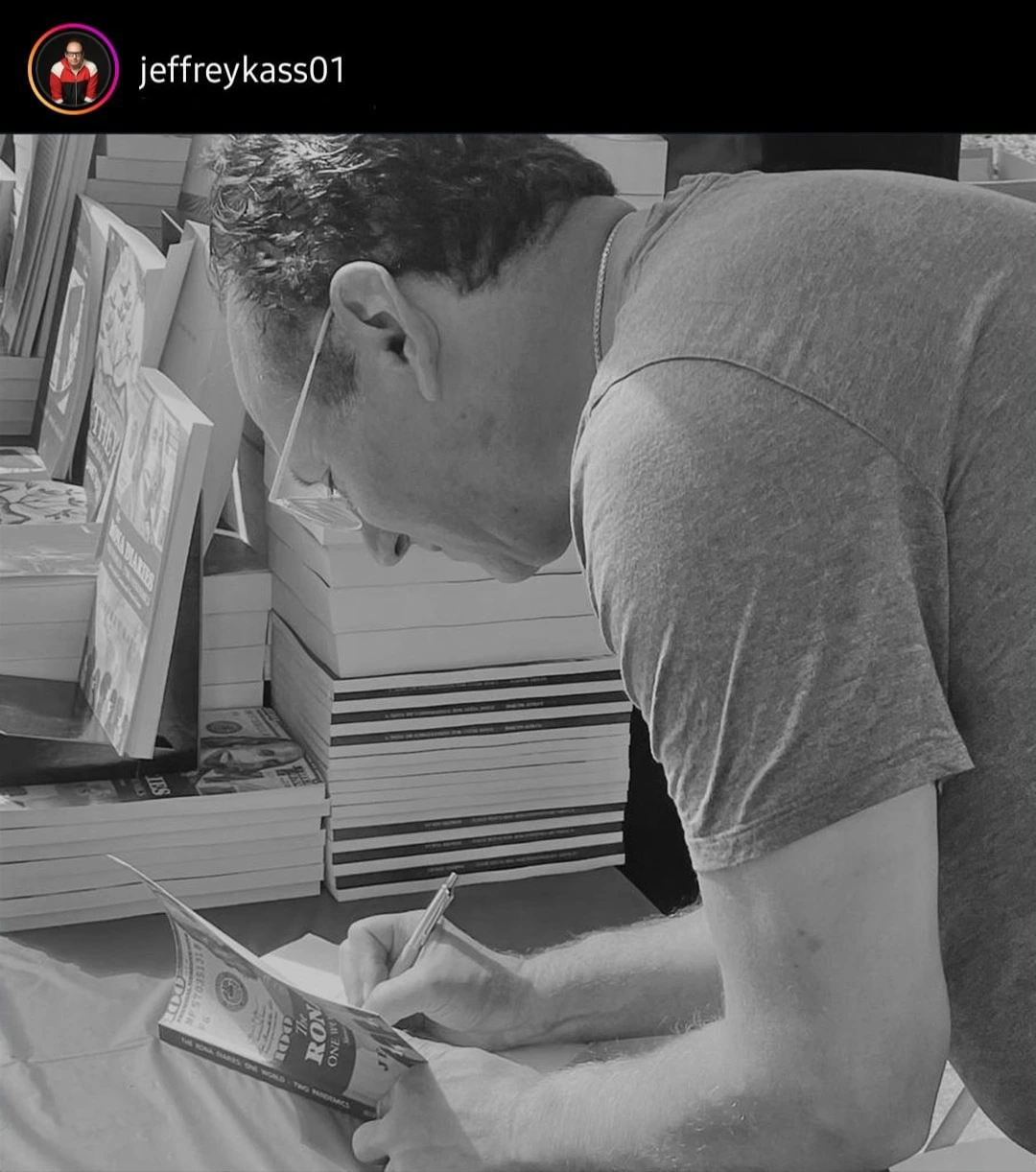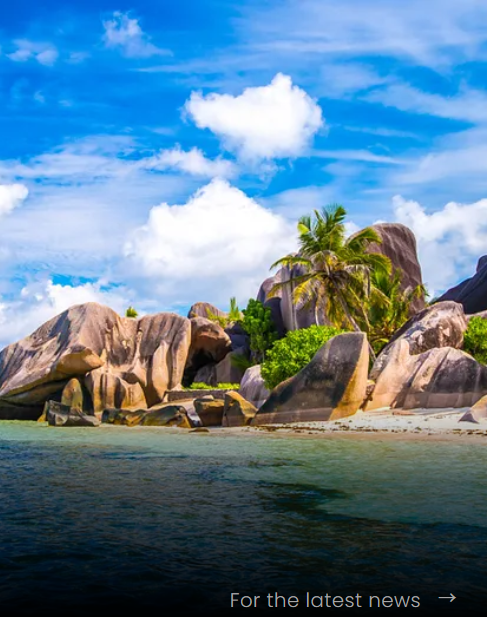Mark Twain once said that travel is the cure for racism:
“Travel is fatal to prejudice, bigotry and narrow-mindedness …” (1869)
We’ve all seen not-so-funny videos of Americans who don’t know how many states are in the U.S. Who can’t name the vice president. Or who can’t name the capital of the U.S.
Of course, the extremes always get our attention more than anything, so we laugh.
It’s why the news hyper-focuses on everything bad that’s happening rather than some of the great things taking place every minute.
I turned on CNN the other day, and for a solid 45 minutes, there was nothing on but Trump indictment reporting. I would’ve just turned it off, but I actually wanted to see how long they’d keep repeating themselves before other news was reported. I OD’d on Trump.
Flip to another channel and you’d think Hunter Biden was the worst thing happening in the entire world. Expert after expert to talk about it.
Meanwhile this summer, wildfires have devastated parts of Algeria, there’s a coup in Niger and there was an attempted assassination of an Ecuadorian presidential candidate. Oh, and North Korea on August 11 ordered its military to prepare for war.
In better news just in the last couple months, a Greek man invented a 3D-printed shoe cover that helps restore nature as you run. In Bangladesh, medicinal plants are thriving again. The Brazilian golden monkey, once near extinction, has rebounded from 200 to over 4,500 now, and deforestation there has been reduced by over 30%. Columbia is nearing a peace agreement in its long-time war with rebel groups.
China’s new surge of solar and wind power usage is expected to make a significant dent in carbon emissions worldwide. Hundreds of never-before-seen species were discovered this year in the Mekong region of Asia. And a study just revealed that protected indigenous reservations in the Amazon rainforest absorb thousands of tons of airborne pollution each year, saving countless people from respiratory and cardiovascular diseases.
A South African choir just brought Simon Cowell to tears on “America’s Got Talent.” Three African countries made it to the final 16 in the Women’s World Cup in soccer. In Zambia, an anime series is making waves across the world. An Ethiopian runner just broke the world record in the men’s 3,000-meter steeplechase. A South African just won the women’s French Open in tennis. Egypt is developing one of the largest wind power farms in the world.
An African woman just became the first Black woman to conduct an all-Black orchestra. A Zimbabwean science teacher just won the prestigious Cisco Youth Leadership Award. And Nigerian author Chimamanda Adichie has not only won the Women’s Prize for Fiction, but she also won the UN Foundation Global Leadership Award. Presidents Obama and Clinton, Kofi Annan and Oprah Winfrey were past winners.
I’m not saying Trump’s criminal activities aren’t newsworthy. They are. Nor am I saying it isn’t important to know if President Biden illegally interfered with an investigation of his son.
We shouldn’t tolerate unethical behavior, regardless of political party.
But that’s mostly all we get for headline news here in America. American-centered news.
Few among us know about the history or present of any other country in the world.
We could probably count on a few hands the number of people who know that Rwanda is one of the cleanest countries in the world and boasts a parliament whose membership is majority women.

There aren’t many Americans who’ve ever heard of one of the most beautiful places on the planet, the island nation of Seychelles, located in Africa hundreds of miles off its eastern coast.
Few among us know how extraordinarily kind and welcoming the people of Jordan are. As a stranger visiting, I was invited into homes for tea within hours of arriving. These were people I hadn’t met before.
The kindness I experienced firsthand in Ghana, Uganda, Saudi Arabia, United Arab Emirates, Ethiopia, Morocco, the Netherlands, Austria and Hungary is special.
We here in America have been conditioned to think of the rest of the world as the “other.”
Most of us, for example, think of Henry Ford when we imagine the invention of the car, but it turns out in Turin, Italy, there’s a museum with scores of Italian and German cars produced when Ford was still in his 20s.

Most here in America think of California or Europe when it comes to wine, but Argentina also boasts some of the best in the world. Along with unbelievable landscapes and landmarks to visit.
We also think America, above all, when we think of expertise and contributions to civilization.
But we’re not the only ones who contributed.
The original idea of a universal electronic payment app, like Venmo, Zelle and CashApp, actually was first created in Kenya in 2007. M-PESA. (M is for Mobile and Pesa is money in Swahili). Venmo, which essentially copied the idea, launched two years later. Then CashApp in 2013. Zelle in 2017.
Writing was first developed in Africa between 5,000 and 4000 B.C.E.
The first medical schools in the world were in Egypt.
And despite efforts to prove aliens developed the pyramids, in fact, human Africans designed and developed them. Stop taking away their genius.
Cooking with fire originated in Africa.
Today, Israeli technology is employed throughout the U.S. and other parts of the world to deliver the most effective and water-saving drip irrigation ever known. It’s especially used in places starved for water like Colorado, California and parts of Africa. Israel is also the place where the cellular phone was invented.
Coffee, clocks and soap are all inventions that originated in the Middle East. Oh, and algebra.
Muslim astronomers figured out that the Earth was round and were already discussing gravity and momentum 600 years before Galileo.
Surgery was first employed in the Middle East. Dr. Abu Al Qasim Al Zahrawi published a 1,500-page illustrated encyclopedia of surgery around the year 1,000 that was used as a guidebook for physicians in Europe for 500 years.
Asian countries gave us the inventions of cast iron, matches, paper money, chess, umbrellas and even the first known distillation of alcohol hundreds of years before the Scottish created whiskey.
It’s easy to “other-ize” the rest of the world when we’ve been taught that America and its Western pals are the center of the universe.
Worse, it’s even easier to think of much of the rest of the non-Western world as beneath America. That everyone else should look to us for guidance.
All of this thinking contributes to our unconscious views of other races and ethnicities as somehow undeveloped, all while we look at ourselves as uber-evolved.
We don’t all have the funds to visit Tanzania, Uruguay, Indonesia or Sri Lanka.
But we do have the ability in our age of videos and endless information to learn about the beautiful places, contributions, challenges and people of the rest of the world.
Once we do, it will transform our internal views of people who don’t look and speak like us.
Follow “Jeffery Kass”

Written by:
Jeffrey Kass







